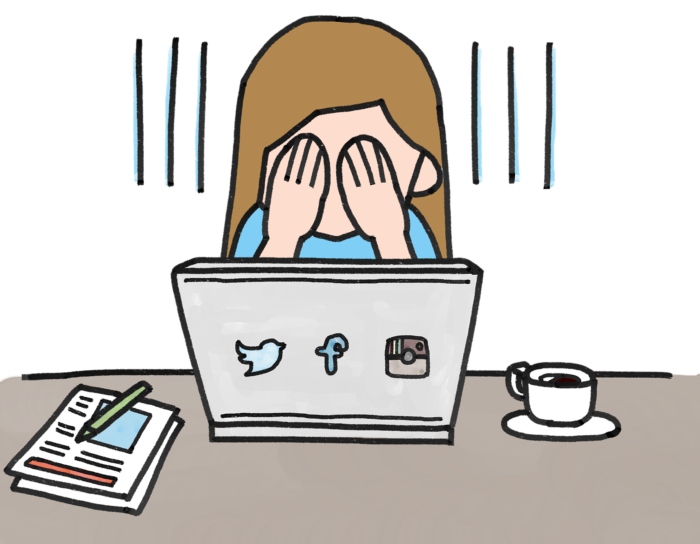Social media blamed for rise in mental health issues
A recent mental health survey has revealed almost 8 out of 10 people believe social media has a negative impact on the mental health of young people and their families, with respondents calling for greater investment in mental health education and parenting support

The results have been published by the Christian charity Fegans to coincide with World Mental Health Day on 10 October, which this year carries the theme of “young people and mental health in a changing world.”
Fegans, which provides professional children’s counselling and parent support services to families across Kent, Sussex, Surrey, London and Oxfordshire, ran a survey over a period of eight months this year. They asked why people thought mental health issues are more prevalent today and what they thought could be done about it. A staggering 82 per cent of respondents cited social media as a cause, which was closely followed by increased academic pressure (72 per cent), the fact that we have better understanding of mental health today (56 per cent) and family breakdown (44 per cent).
When asked what could be done about it, preventative measures were a strong theme, with 79 per cent of people believing that better education and support for parents would make a difference, and 76 per cent calling for greater investment in education around mental health issues. Over three quarters of those surveyed said that increased government funding was needed to deal with the mental health crisis affecting children and young people today.
Fegans also took the opportunity to encourage participants to think about what they could do personally to help make a positive difference in their communities. Practical suggestions which proved popular included learning more about mental health illness (58 per cent), scheduling in “me time” (55 per cent) and playing more with their children or grandchildren (51 per cent).
Despite doubling the number of counselling sessions Fegans provides for children in schools and its centres over the past two years, demand for its services continues to rise and the charity is constantly recruiting more counsellors. This is reflective of the national picture, with Public Health England reporting that only 25 per cent of children needing professional therapeutic support actually receive it.
Fegans CEO Ian Soars said, 'At Fegans we have faced a huge escalation in both numbers of young people being referred for counselling and the level of complexity of their needs. As a charity we are doing all we can to ensure that we reach as many children and families in need as possible, but more collaborative work needs to be done at all levels in society to meet the mental health needs of young people in a changing world.
'We believe that the rising tide of children’s poor mental health can - and should - be pushed back. The answer is not more protection - nor is it molly-coddling our children - the answer is prevention and education, which was very much reflected in our survey.
'As a nation we need to collectively invest in making quality time for parents to spend with their children. We need to hold the social media giants to account. And we need to accept that family breakdown can cause deep hurt to children and think about how we address this openly as a culture.'
To find out more about the work of Fegans, or to access advice on young people and mental health in a changing world, visit www.fegans.org.uk
Do you have a view? Share your thoughts via our letters' page.
Baptist Times, 09/10/2018